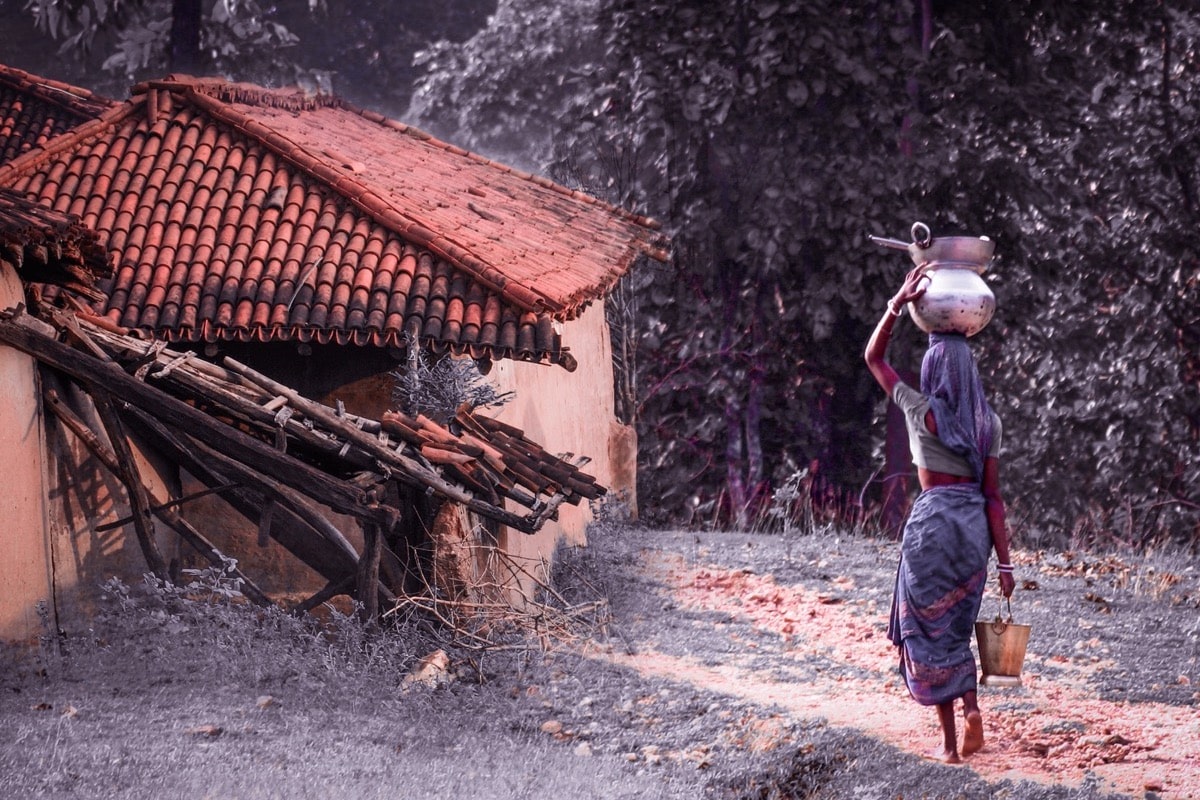The new AI chatbot helps citizens of remote villages in India to access government assistance, even without speaking English or Hindi

Image: unsplash.com
Microsoft announced the launch of a generative AI chatbot Jugalbandi, developed in partnership with the open-source initiative OpenNyAI, and AI4Bharat, backed by the Indian government.
The new service redefines information access for rural dwellers of India, offering insights into more than 170 government programs in 10 indigenous languages. The problem is that although the language of government, business and public life in India is English, only 11% of the 1.4 billion population know it at a sufficient level.
Moreover, other government documents may come in Hindi, but it is also spoken only by 57% of Indians. Therefore, a large part of the population is still unable to access government programs because of language barriers. Furthermore, these remote communities often have literacy issues and lack access to conventional media.
How can Jugalbandi help? The AI chatbot understands questions in multiple languages, both spoken and typed. Then the program retrieves information on relevant programs, translates it from English or Hindi, and relays it back into the preferred local language.
This way, senior rural citizens may find information about their pensions, while students may discover scholarship opportunities to fund their studies – all through their mobile phones, instead of visiting the local community service centres and standing in line to get basic information.
To fulfil its social purpose, Jugalbandi leverages a platform with the utmost popularity in India – WhatsApp. In the future, Microsoft plans for Jugalbandi to expand its reach, able to help villagers with a much broader spectrum of needs. Since Jugalbandi was first introduced to villagers in India in early April, it has expanded to cover 171 of approximately 20,000 government programs.
As for the tech stack, the tool uses language models from AIBharat and reasoning models from Microsoft Azure OpenAI Service.









